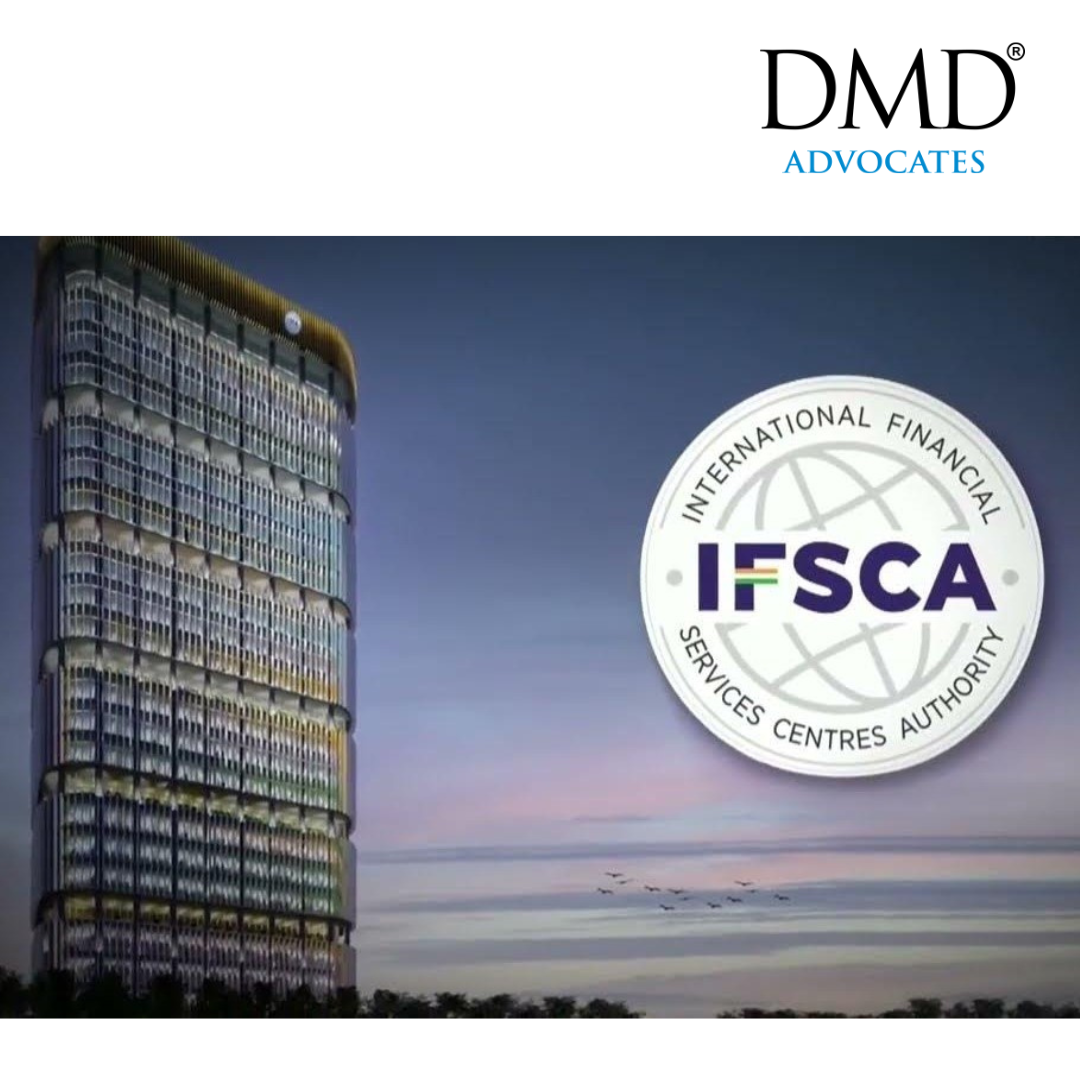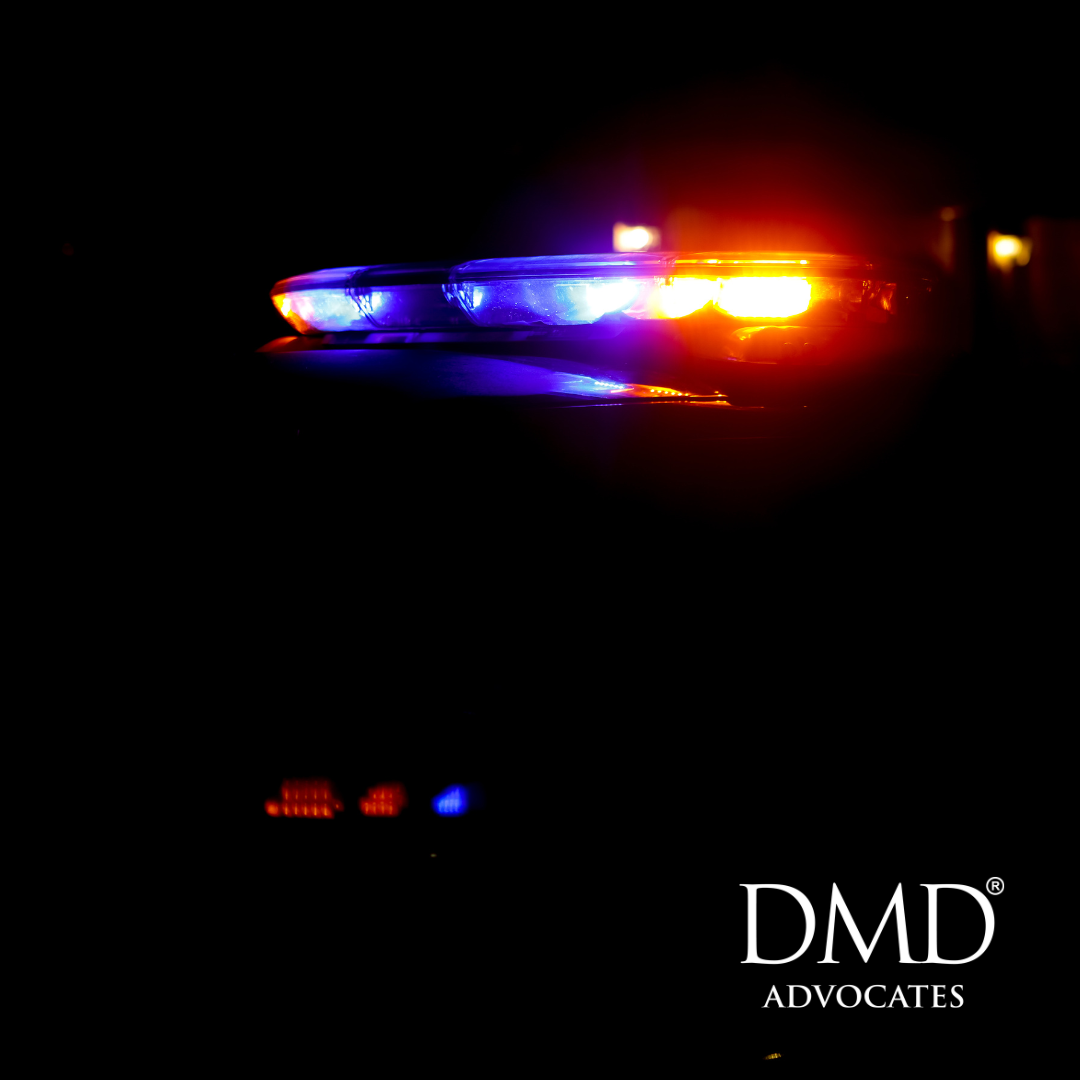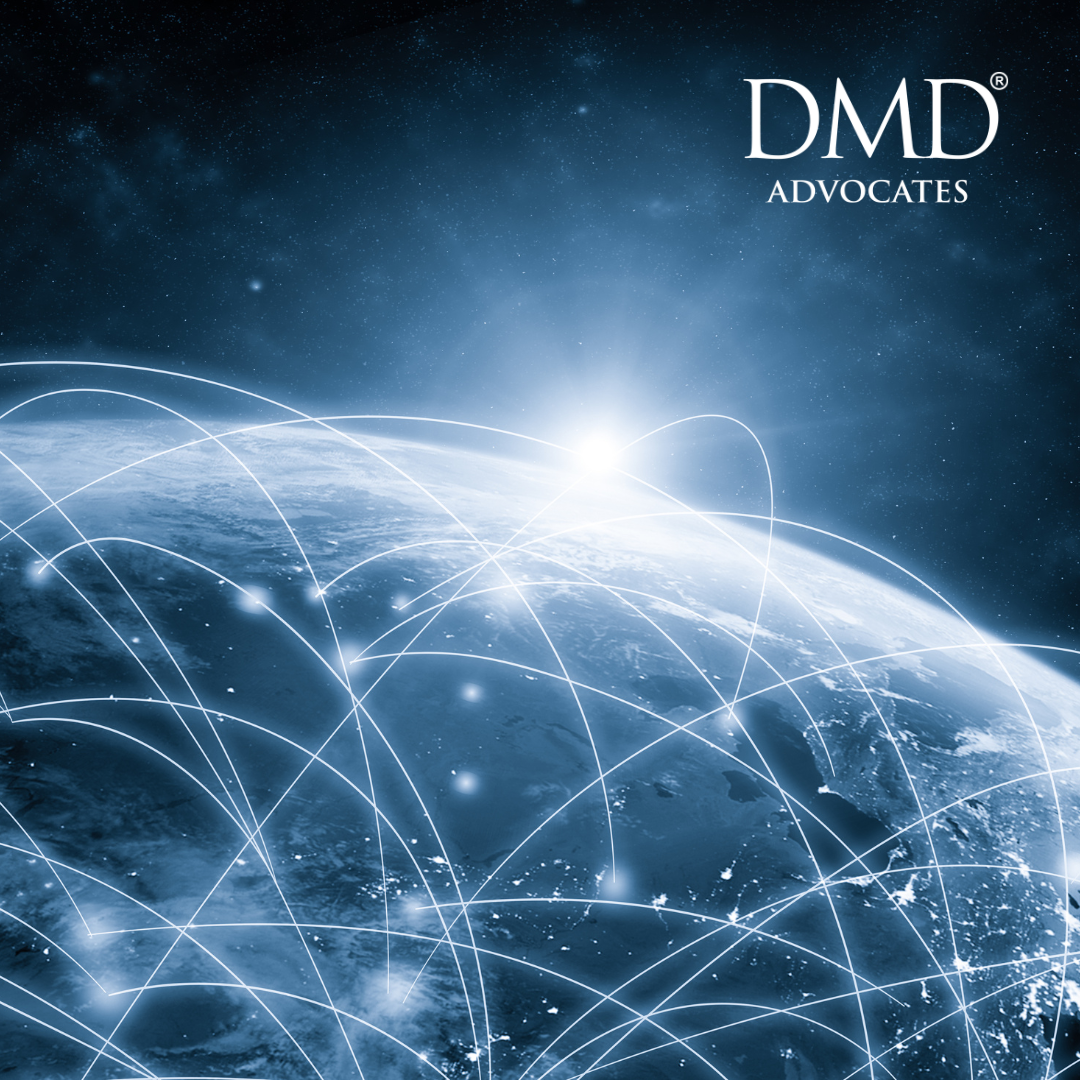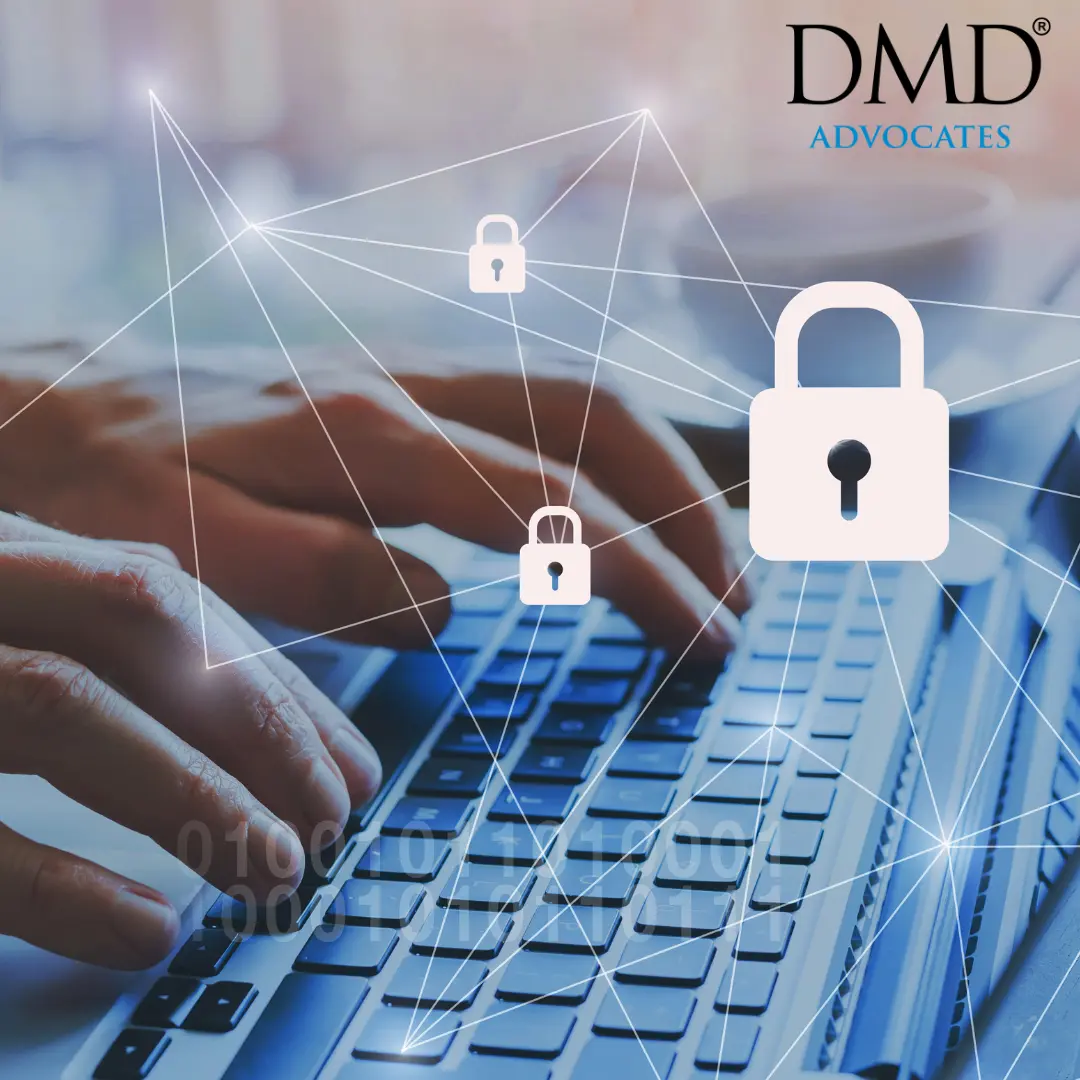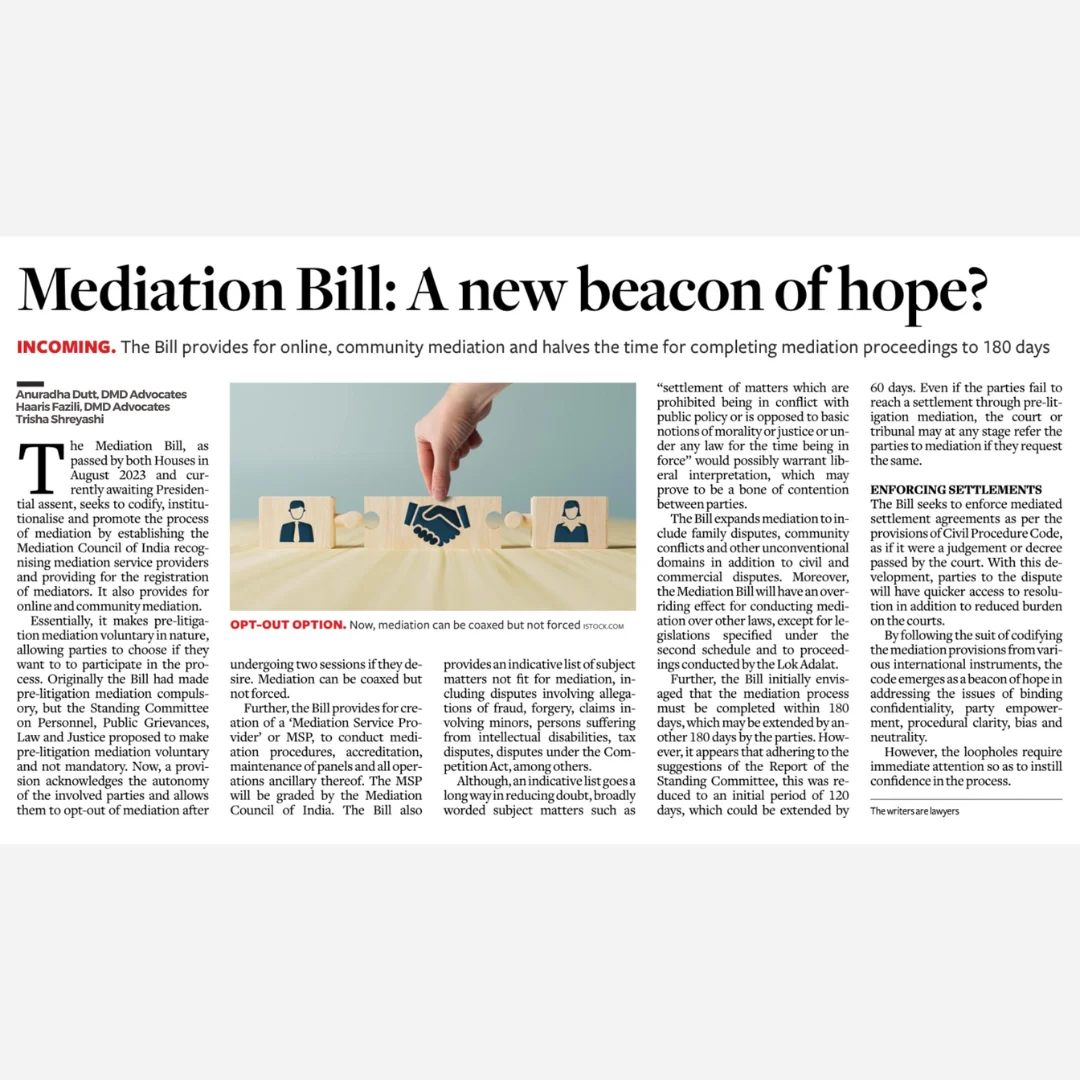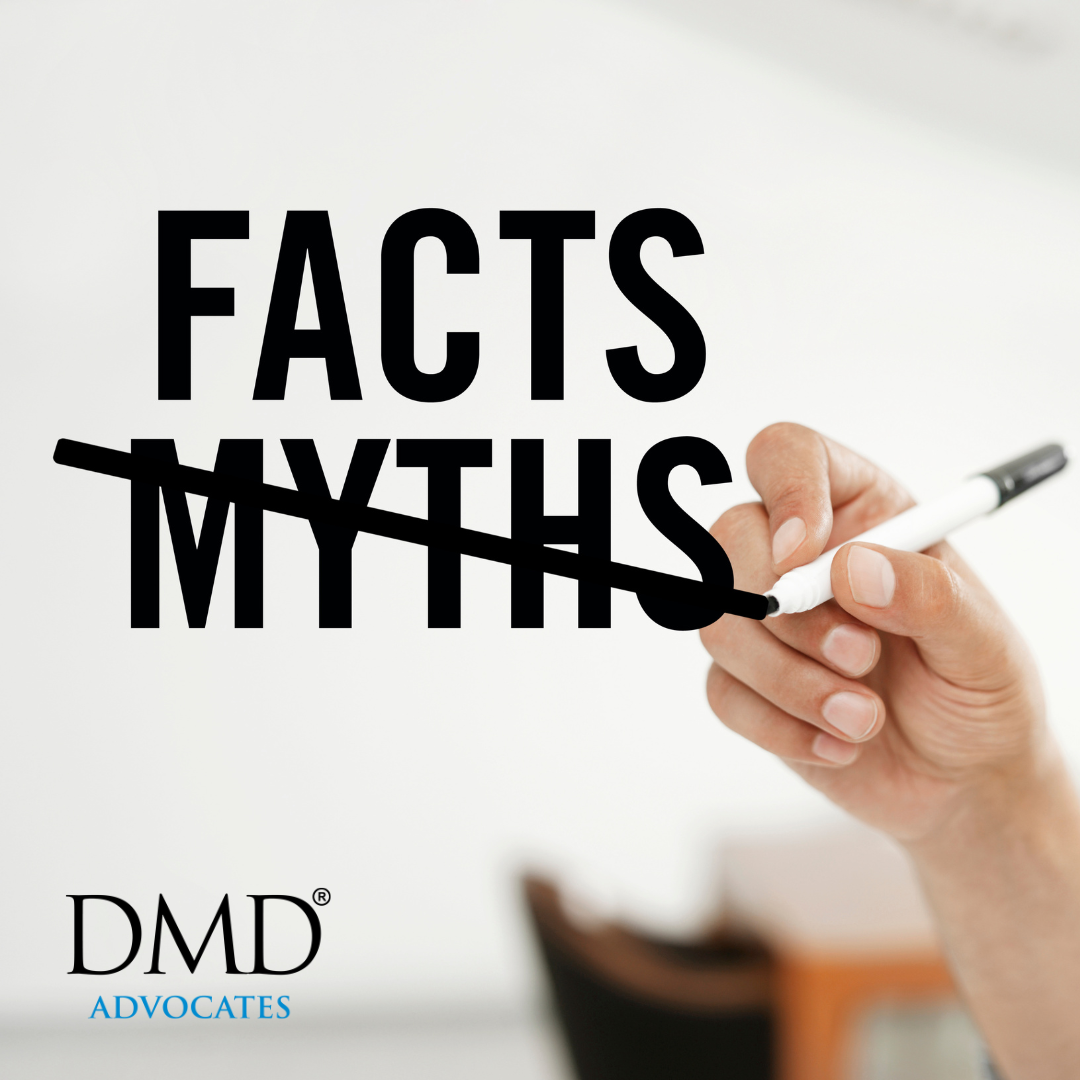Publications
Partial Enforcement: The Telecommunication Act, 2023
01 Jul 2024
- DMD Advocates
- Blog
The Ministry of Communications, through the Department of Telecommunications (DoT), issued a notification to enforce certain provisions of the Telecommunications Act, 2023 (Act). The DoT will implement the Act in phases; therefore, the rules and orders under the Indian Telegraph Act, 1885, and the Indian Wireless Telegraphy Act, 1933, (Old Regime) will remain in force until replaced by new rules under the Act.
The enforced provisions are summarized below:
• Extra-territorial Applicability: Under Section 50 of the Act, its applicability has been extended to offenses committed outside India if the activities involve telecommunication services, networks, or equipment located in India. It is to be noted that this provision is in line with the extra-territorial provisions of the Information Technology Act, 2000.
• Scope of the Act: The scope of the Act has been expanded significantly, as ‘telecommunication,’ ‘telecommunication service,’ and ‘telecommunication network’ have been defined distinctly to accommodate the grant of authorization. Authorization under the Act means permission, by whatever name called, instead of the license framework under the Old Regime. However, the provisions regarding granting authorization are not yet enforced.
• Right of Way Framework: Under Chapter III of the Act, stricter legal enforceability of the Right of Way (RoW) framework is provided compared to the old regime dealing with RoW through rules. The RoW framework aims to curb the problem of the expansion of telecommunication networks. Here, the facility providers, i.e., the authorized entities by the DoT, including contractors or sub-contractors of such entities, will be able to enter into agreements with property owners to establish, operate, or maintain telecommunication networks. The facility providers will manage RoW operations for public and private properties. RoW will be granted in a non-exclusive and non-discriminatory manner.
• Powers of DoT: Under Chapter IV of the Act, the DoT has the authority to notify standards and conformity assessment measures concerning various aspects of telecommunication networks, equipment, and services, and to take measures during any public emergency, etc. Further, the provisions related to interception remain similar to those under the Old Regime; however, it is now explicitly stated that intercepted messages must be disclosed to the government in an intelligible format that supports decryption requirements.
• Protection of Users: Under Chapter IV of the Act, user protection has been enhanced, requiring contributions from both the users and the authorized entities. On one side, users are required to provide accurate information during the KYC procedure, and on the other side, authorized entities can introduce measures to prevent unwarranted promotional messages. Further, the authorized entities will provide an online grievance registration mechanism, and the DoT may also establish or approve an online dispute resolution system.
• Digital Bharat Nidhi: The Universal Service Obligation Fund, i.e., the obligation to provide access to telegraph services to people in rural and remote areas at affordable and reasonable prices, under the Old Regime is renamed as Digital Bharat Nidhi (DBN) under Chapter V of the Act. DBN’s scope has been expanded to include supporting research and development in telecommunication services, technologies, products, and pilot projects.
• Offenses: A stricter approach to offenses is adopted under the Act compared to the old regime, as the penalties have been significantly increased. All prescribed offenses under the Act are non-bailable and cognizable. For instance, Section 42 of the Act deals with the general provisions relating to offenses, which provide that establishing a telecommunication network without authorization can result in imprisonment of up to three years, a fine of up to INR 2,00,00,000 (Rupees Two Crores), or both.
To access the Gazette Notification, click here.
Credits: Shriya Sehgal (Associate)



